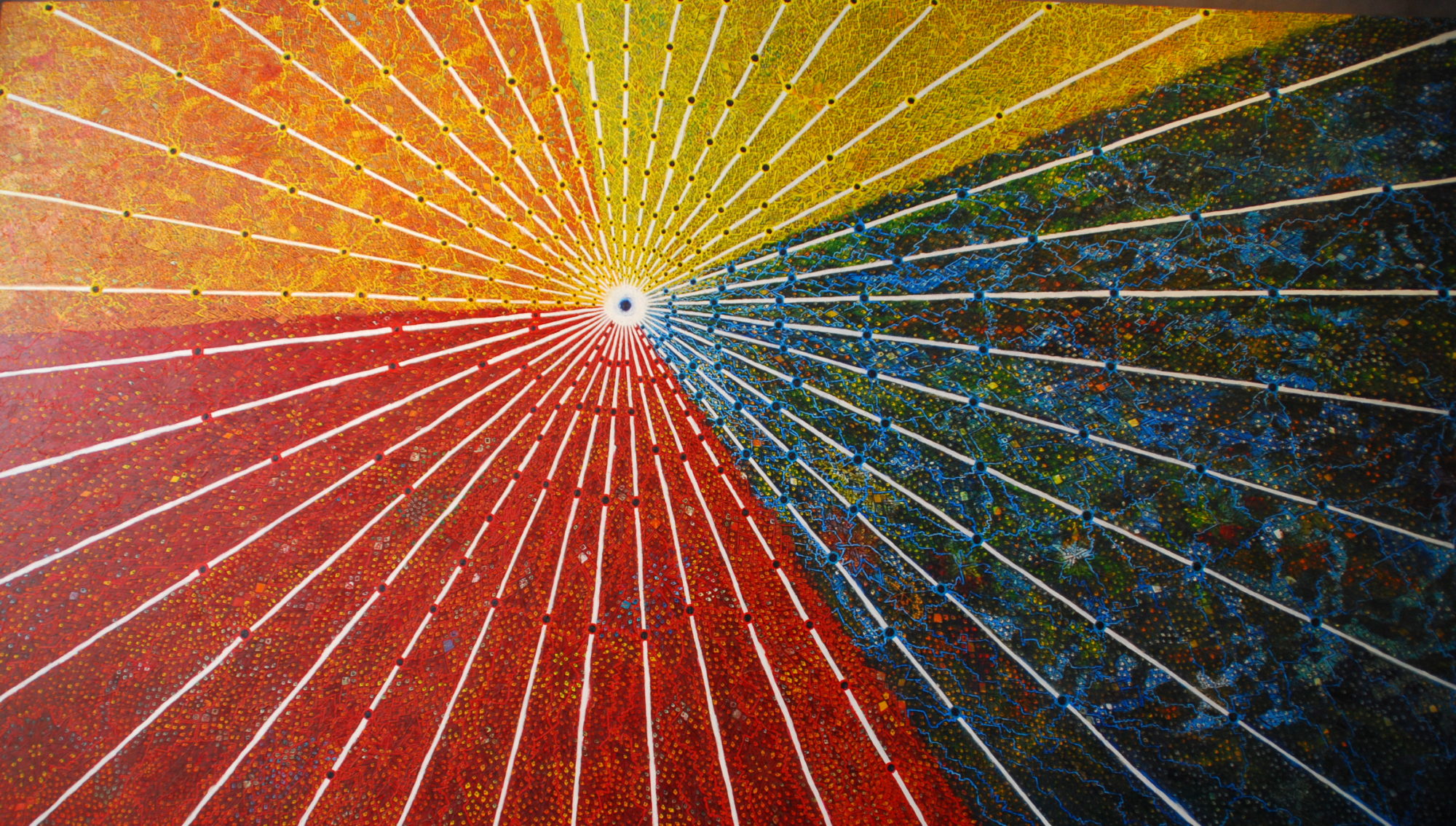As we made our way around the Valles Calchaquies, from Salta to Cachi, Cachi to Cafayate, Cafayate back to Salta, most of what we seemed to see was the vast emptiness of a difficult but stunning landscape. There were a few small established towns, places with a market and a restaurant, running water and electricity, and in the larger ones maybe even a bank and a gas station. As we explored these larger towns, I’d find myself wondering what brought people here, why anyone would choose to try to settle in such a place. I imagine the majority of the people that live there now live there because their parents lived there and their grandparents before them. It’s home. But what about the first settlers?
What really struck me, however, wasn’t the towns. They were livable, certainly. Many were beautiful in their own way. They were the perfect spot, in fact, for people who prefer their independence, their space. What struck me most were the places between towns where people seemed to live. More frequently that I could have imagined, where I could see nothing but cacti and towering rock formations, people would hop off the bus, their bags of goods from town in hand. I’d try to watch them to see where they were going, but our bus would always zoom on before I could even spot the faintest outline of something I’d consider a destination.
And as we bumped around the loop from Cachi to Cafayate on gravel roads hardly suitable for driving, I’d look out the window of the rental car we were riding in and see small houses near absolutely nothing. They were mainly straw and adobe huts, unfinished, absolutely basic. I’d marvel at them and then, without fail the first question my brain would form would be “What do these people do out here?”
As a resident of a highly developed nation, I have become practically programmed to expect that everyone “does” something. We are lawyers, accountants, doctors, writers, secretaries, bartenders, teachers, researchers, CEOs, plumbers, electricians, sales people. When travelers meet each other, within the early reaches of a conversation, the question of “What do you do?” almost always comes up. It is how we define ourselves and understand others.
But for many people in the world the luxury of “doing” something doesn’t exist. They don’t live in a world that tells them they can be anything they want to be, that they can do anything they put their mind to. Instead what they “do” is survive. They plant crops and tend crops and harvest crops, in the hopes that they have enough to feed their families. They maintain their homes, trying literally to keep a roof over their heads. They tend to livestock. They mind their children. They are often farmer, teacher, construction worker, doctor, and firefighter all in one. But if you asked them what they do, they’d look at you like you’re an alien. What do they do? They live, the best way they know how.

